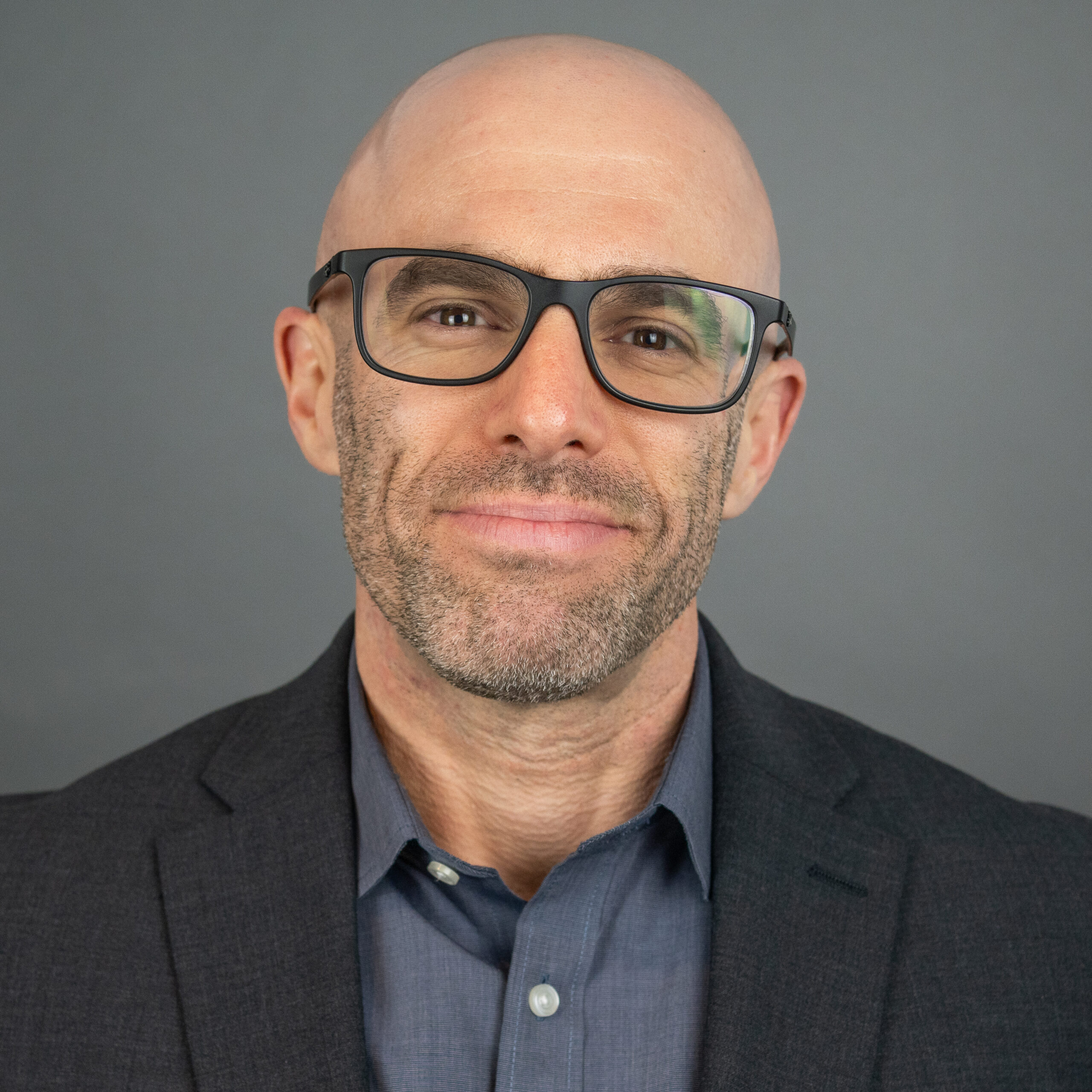
Zac Jones
Executive Director
After completing the Beit T’Shuvah program, Zac Jones realized that his purpose was to help others recover and that he needed to give back to the organization that saved his life. After working in multiple positions, over the course of ten years, Zac Jones is now Beit T’Shuvah’s Executive Director. He has earned a Bachelor’s Degree in Psychology, a Master’s Degree in Marriage and Family Therapy, and is a Certified Alcohol Drug Counselor as well as becoming an Associate Marriage and Family Therapist.
As our new Executive Director, Zac will build upon his extensive experience and deep understanding of Beit T’Shuvah’s mission to lead us into a future filled with hope, healing, and transformation. His passion for our community and unwavering commitment to our residents make him the perfect steward for our organization’s continued growth and success.